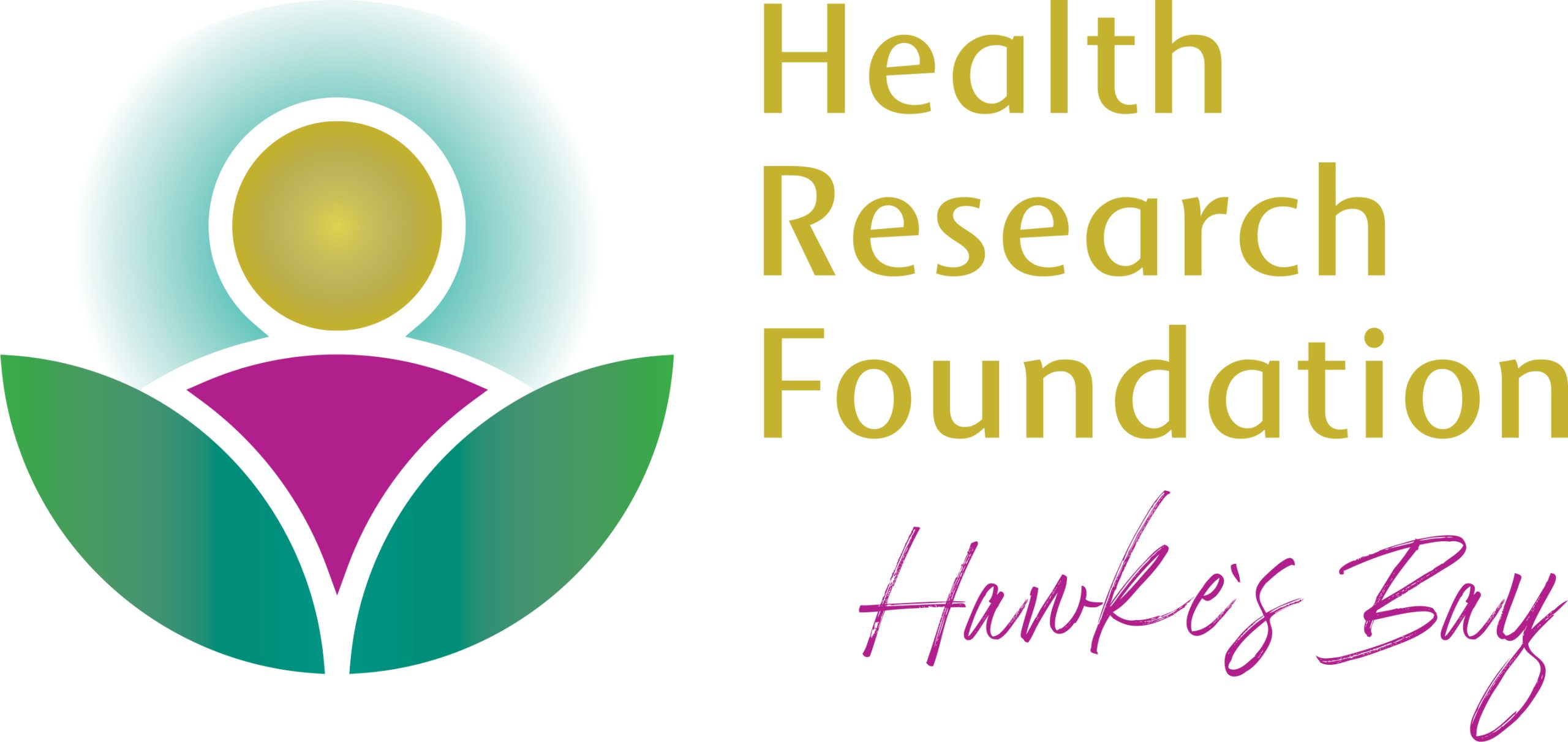Discoverers of Tomorrow
Today’s young medical professionals are our discoverers of tomorrow. Investing in the future generation is an important role of The Foundation through providing funding support for “studentships” – small study projects under supervision, for undergraduates, postgraduates and specialist research training.
One young doctor the Foundation is supporting, is Tamsin Roberts, a former junior medical officer at Hawke’s Bay District Health Board. She is undertaking advanced training at the University of Otago, Wellington School of Medicine and Health Sciences to become a Neonatologist.
Tamsin’s study aims to establish the best method to monitor the severity of ongoing respiratory events in very pre-term babies before they are discharged from the neonatal nursery.
Currently an apnoea monitor measures breathing movement alone, however many babies have significant oxygen desaturations without prolonged respiratory pauses.
Tamsin says studies have shown that drops in levels of oxygenation lead to a poorer neurodevelopmental outcome in preterm babies. However it is not routine to monitor oxygen saturations in the pre-discharge period.
“To maximise a vulnerable premature baby’s developmental potential, I think it is important that we are able to assess their cardiorespiratory stability appropriately.”
With 30 babies recruited, Tamsin is well underway with analysing data.
“The work has opened my eyes to how vulnerable this group of babies are, and how little we know for certain about assessing their readiness for discharge from a cardiorespiratory point of view.”
Her preliminary findings, will be published as part of a Masters in Medical Science and may influence future practise in this vulnerable age group.
“I’m gaining knowledge and skills to help pursue further research in the future, and to continue to learn and develop my clinical practice, she says.
An important part of the research process is to review what is currently known about a topic and determine whether an evidence base exists for current management practice.
While Tamsin’s salary has been funded by the Freemasons Society, she needed to find additional support for a computer along with specialist software for her oximetry studies.
“I am very grateful to the Foundation which has helped enabled me to complete my research.”
Associate Professor Dr Dawn Elder is Tamsin’s supervisor, and a strong advocate of the Foundation:
“It is very important for doctors doing advanced training in Paediatrics to understand what is involved in undertaking research and also to have time to reflect on and question their day-to-day clinical practice.”
An important part of the research process is to review what is currently known about a topic and determine whether an evidence base exists for current management practice.
“This is particularly important in neonatal medicine where our patients are among the most vulnerable. It is not unusual to find that the evidence base for a particular clinical practice is weak or is based on data collected in a time period in the past that cannot be compared with the current clinical environment.
“The monitoring of preterm babies just prior to discharge home is one such area so it has been good to have the opportunity to gather some information to help us determine the best way to monitor the heart rate and breathing in babies to ensure they are fit for discharge home.
“It was wonderful to have support from the Foundation which has enabled Tammy’s project to be completed.
“The equipment will have ongoing use in our research programme, which will continue to look at cardiorespiratory stability and cardiorespiratory interactions in preterm and term infants.”
The Neonatal Unit at Wellington Hospital is the Tertiary Unit supporting Hawke’s Bay’s sickest and smallest babies. Any improvements in newborn care in Wellington from the study will benefit Hawke’s Bay babies too.

